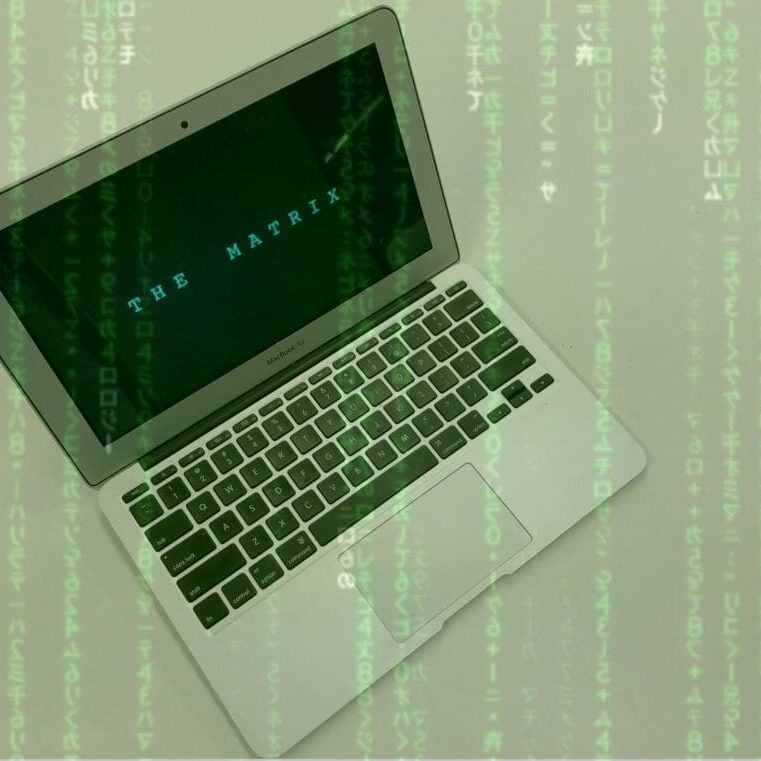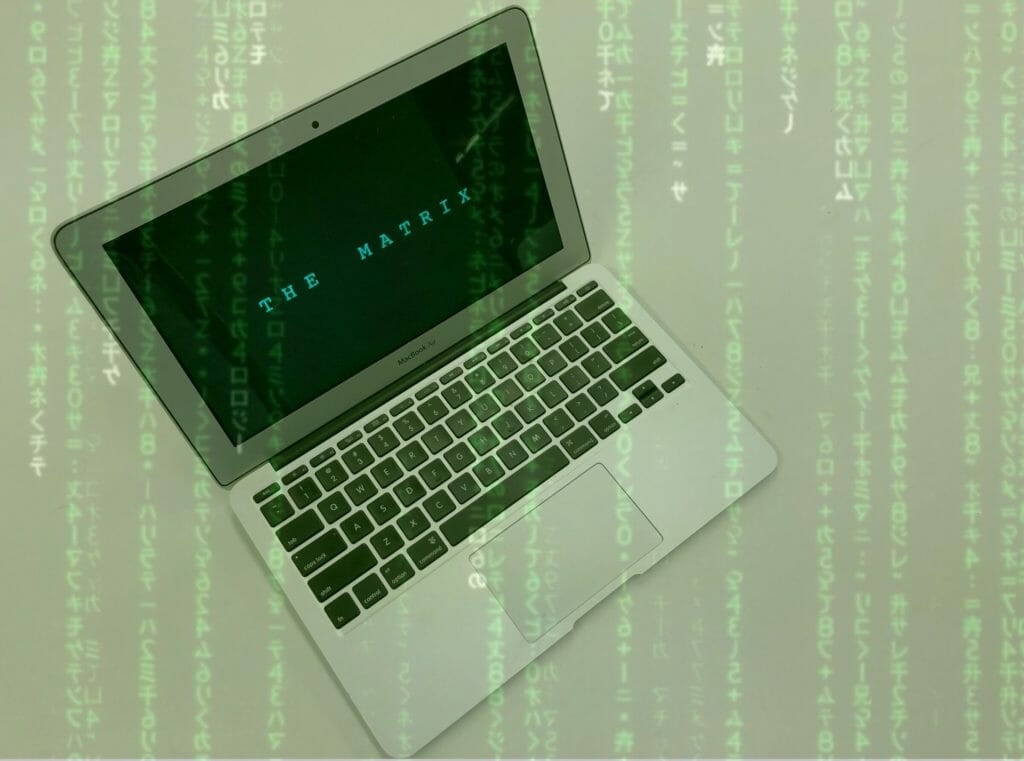
The Matrix turns 20
How the 1999 film about technology and society remains relevant today
It may come as a surprise to some that The Matrix is celebrating its 20th anniversary this year. Few films have had such a lasting cultural impact, and its lessons are still important today.
Even those who have not seen the 1999 film may easily recognize its stylistic choices thanks to the countless action-film tropes it popularized: characters wearing tight leather shirts and trench coats, slow-motion action sequences and reality-bending digital special effects.
Those who have seen the film will know

Social media and society
One might think that a
Stephen Snobelen, a history professor who teaches a course called Science Fiction in Film at the University of King’s College, explains how certain elements of the film’s plot mirror the social media oriented society of today.
“People on Facebook and [other] social media try to curate the way that their lives are depicted,” Snobelen says. “These sorts of things are touched on in The Matrix in that there is a difference between the gritty physical world that we live in with our bodies and this hyper-real but digital virtual reality that we inhabit when we go role-playing online.”
The internet of today has become more than an information super-highway as it was depicted in The Matrix. Much like the concept of the Matrix itself, social media has become a means through which people can experience and interact with a world that seems out of reach for many in real life.
Living an illusion
One the film’s characters, Cypher, poses a question in the film that has become increasingly relevant to today’s world: why conform to leading a dismal life in the real world when you can attain a perfectly convincing virtual illusion of happiness?
“There are a lot of people in today’s society that
That is not to say, however, that humans are now controlled by the technology they created. Whether or not that is or will ever be the case is entirely up for debate. The film only brings the debate to light. As
It will be interesting to see how this discussion could be continued, as a sequel to the Matrix trilogy, directed by Lana Wachowski, is now in the works. How will the new film further analyze the complexities of the relationship between man and technology? Reality and illusion? How will these ideas conform to modern notions of technology?
Audiences will have to wait and see how the new film will fit within the technological development of today’s world, and if it will be any good at all.






